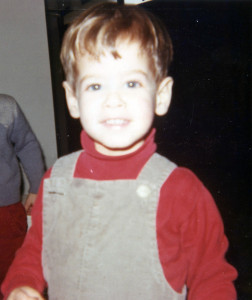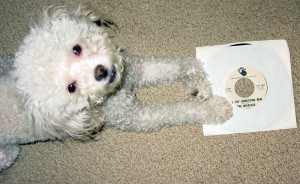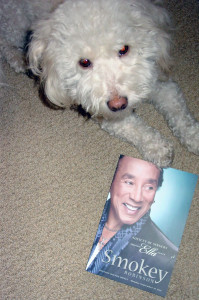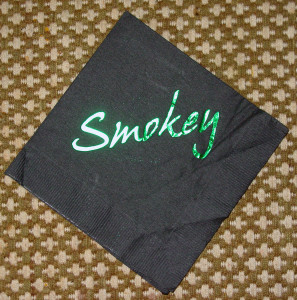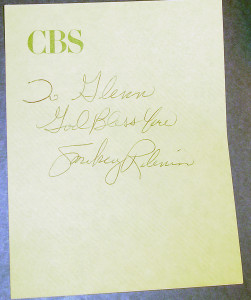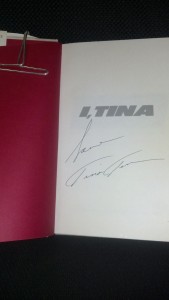As a songwriter, Jimmy Webb scored his first hit in 1967 at age twenty when The 5th Dimension took “Up, Up and Away” to the top ten. Later that year Glen Campbell had a hit with Webb’s composition “By the Time I Get to Phoenix.”
Webb then wrote a 22-minute cantata. His friend Bones Howe, with whom Webb worked on The 5th Dimension’s Up, Up and Away album, invited Webb to play the new piece for The Association, who Howe was then producing. Their reaction was less than enthusiastic. Per Howe, one group member said “Any two guys in this group could write a better piece of music than that.”
Sometime after, Webb received a telegram from actor Richard Harris, who he met at a fundraiser in Los Angeles. Harris was nominated for an Academy Award in 1963 for This Sporting Life and again in 1990 for The Field. He later went on to play Professor Dumbledore in the first two Harry Potter movies. The telegram read “Jimmy Webb, come to London and make a record. Love, Richard.”
Webb flew to London, bringing a satchel of songs he’d written. He played each for Harris, but nothing struck the actor. Webb recalled “I looked down with some dread because there was only one thing left.” That one thing was the last movement of the cantata he presented to The Association. He called it “MacArthur Park.”
Here are the lyrics to “MacArthur Park.” Raise your hand when they get confusing.
The opening lines are “Spring was never waiting for us, girl / it ran one step ahead, as we followed in the dance.”
I see some hands raised. The next line should help you understand: “Between the parted pages and were pressed in love’s hot fevered iron, like a striped pair of pants.” Now you got it! Harris, who is from the UK, where “pants” means underwear, uses an iron, a hot fevered iron, on his striped underwear. You may be asking: Does he iron his solid-colored underwear? Does he have solid-colored underwear? Boxers or briefs? Relax – there are still six and a half minutes left in the song, so maybe you’ll find out.
Moving on, we learn that MacArthur Park, which Harris calls MacArthur’s Park for the duration of the song, is melting. In the dark. Its icing is flowing down. Who hasn’t been there?
We now arrive at the classic lines about a cake left out in the rain, which appears to be causing Harris to have a breakdown. “I don’t think that I can take it ‘cause it took so long to bake it and I’ll never have that recipe again. Oh no!” Calm down. It’s just a cake. Bake another one. I know – this song was recorded in the pre-Internet age when finding a cake recipe required one to open a cook book, but come on! This cake can’t be that special if you chose to leave it out during inclement weather.
By the end of verse one we have learned several things: 1) Harris is singing to a girl; 2) Harris irons his striped underwear; 3) a park is melting; 4) if you bake a cake and wish to leave it outside, check The Weather Channel first; and 5) never write a song while you are on an acid trip.
As the song continues it gets more bizarre. The melody changes and Harris threatens us by singing “There will be another song for me, for I will sing it.” Luckily, this other song never became a hit. (And may I add, he is being rather presumptuous by calling his performance on this record “singing.”)
The song clocks in at nearly seven and a half minutes, and though it reached #2 on the US pop charts, most listeners had no idea why Harris was singing about a melting park, ironed underwear and a waterlogged dessert.
Songwriter Webb didn’t understand the confusion. He told Q Magazine that the song is “clearly about a love affair ending, and the person singing it is using the cake and the rain as a metaphor for that.” Clearly. Clear as mudcake.
The love affair was one from Webb’s own life. He and his girlfriend would meet for lunch at MacArthur Park, where there would sometimes be birthday parties, with cake. Their breakup devastated Webb, who wrote “Mac Arthur Park” and “By the Time I Get to Phoenix” based on their relationship. (Bonus trivia – the woman went on to marry Linda Ronstadt’s cousin.)
In 1993, humorist Dave Barry surveyed his readers to find the worst song. The clear winner for Worst Overall Song and Worst Lyrics was “Mac Arthur Park.” Culture critic Joe Queenan disagreed with the results “because ‘Ebony and Ivory’ exists, as do ‘You Don’t Bring Me Flowers,’ ‘Baby, I’m-a Want You,’ ‘Feelings,’ ‘Benny and the Jets,’ ‘Witchy Woman’ and ‘Sussudio,’” adding “On a planet where somebody thought it would be a good idea to write ‘Scenes from an Italian Restaurant,’ the best ‘MacArthur Park’ is ever going to earn in the sucky-song sweepstakes is a tie.”
Good or bad, the song is a classic. A 1968 Grammy winner for Best Arrangement Accompanying Vocalist, the song has been recorded by top artists in diverse genres, including Frank Sinatra, Tony Bennett, Sammy Davis Jr., Liza Minnelli, the Four Tops, Maynard Ferguson, Stan Kenton and Woody Herman. Waylon Jennings’ 1969 version won a Grammy. In 1978, Donna Summer’s rendition became her first #1 pop record and stands as the only US #1 pop song for Jimmy Webb, who also wrote “Wichita Lineman,” “Galveston,” “Worst That Could Happen” and “All I Know.”
It has been rumored that Webb and Harris had a falling out due to the song’s success. Harris promised Webb his Rolls Royce if the song went top ten. When the record did, Harris offered Webb a different Rolls Royce. It is because of this that people named Richard are often called Dick. Allegedly, the pair stopped speaking.
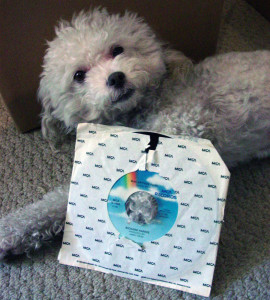
Today Jimmy Webb turns 68 years old. Hopefully he’s somewhere celebrating with a nice piece of wet cake. We kick off our weekly dance party with Donna Summer’s version of “MacArthur Park,” which she, like Harris, insists on calling “MacArthur’s Park” for the duration of the song.
Like Tunes du Jour on Facebook. Click here.

